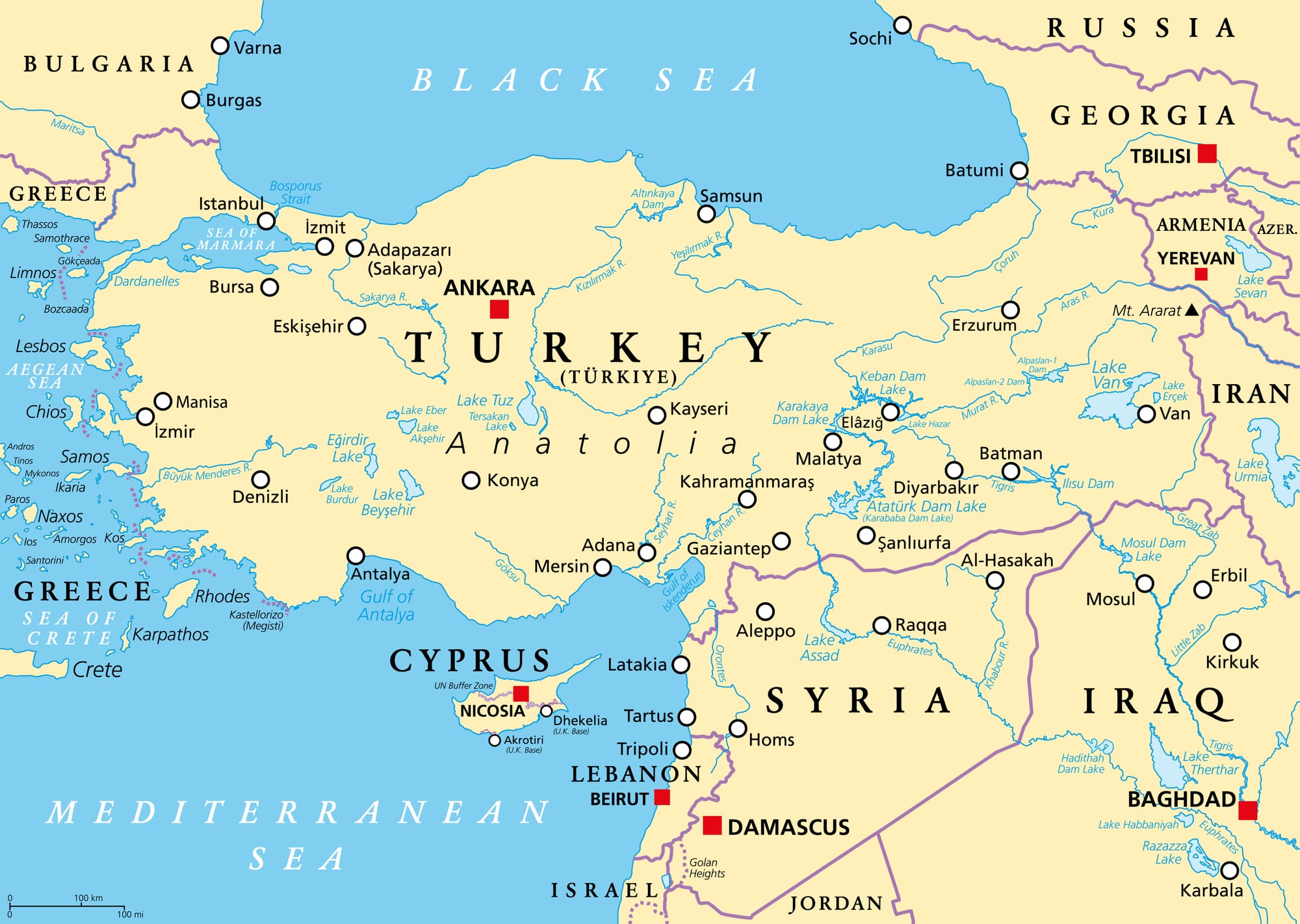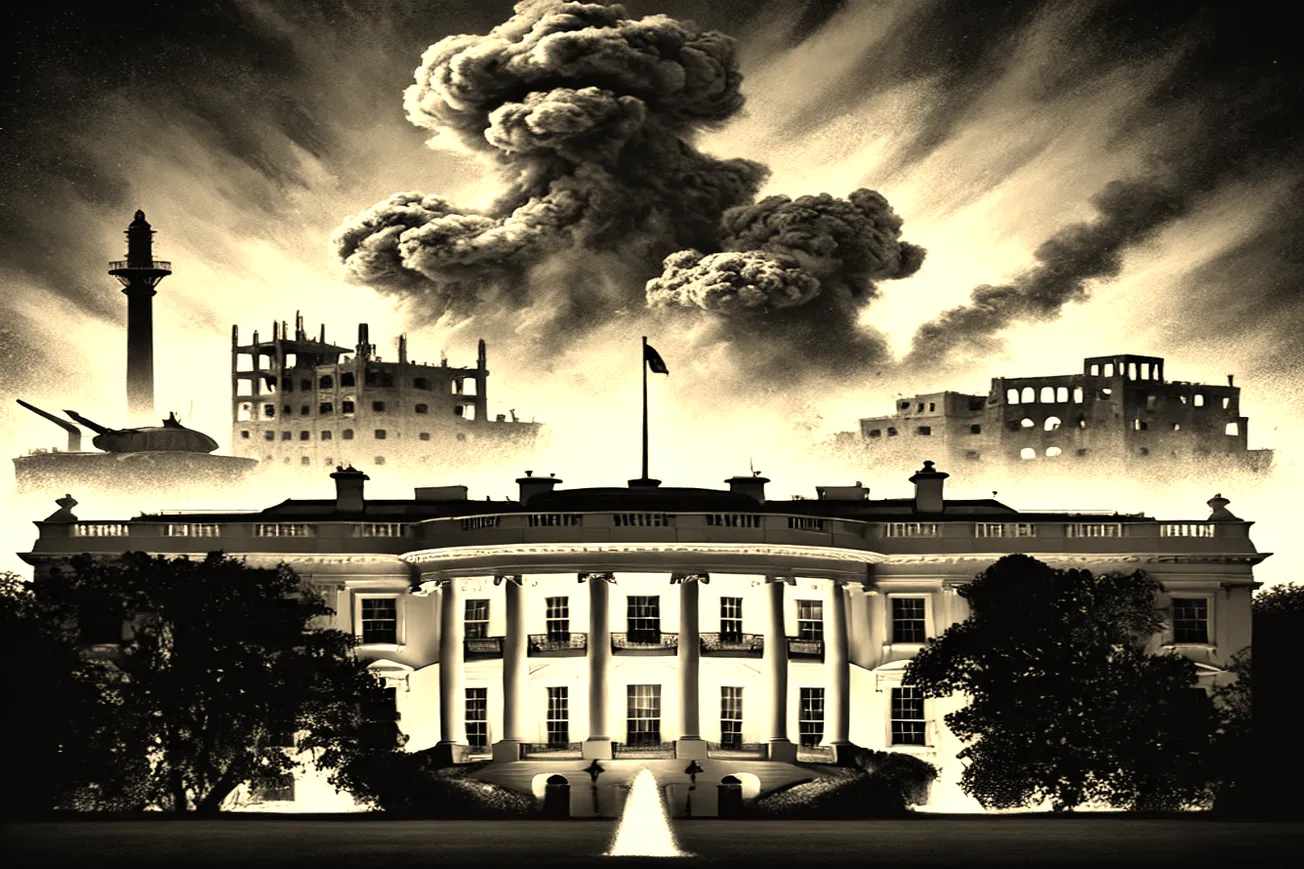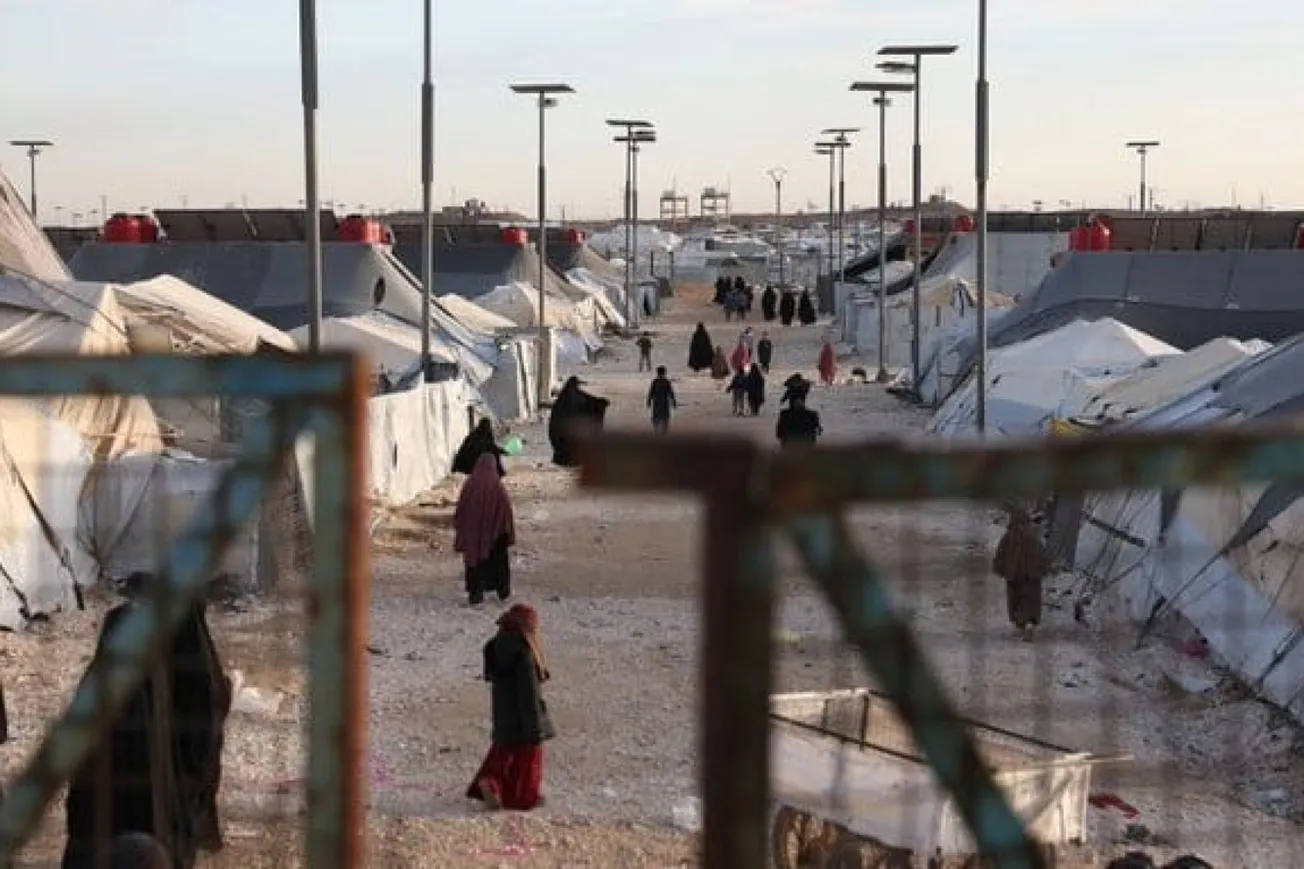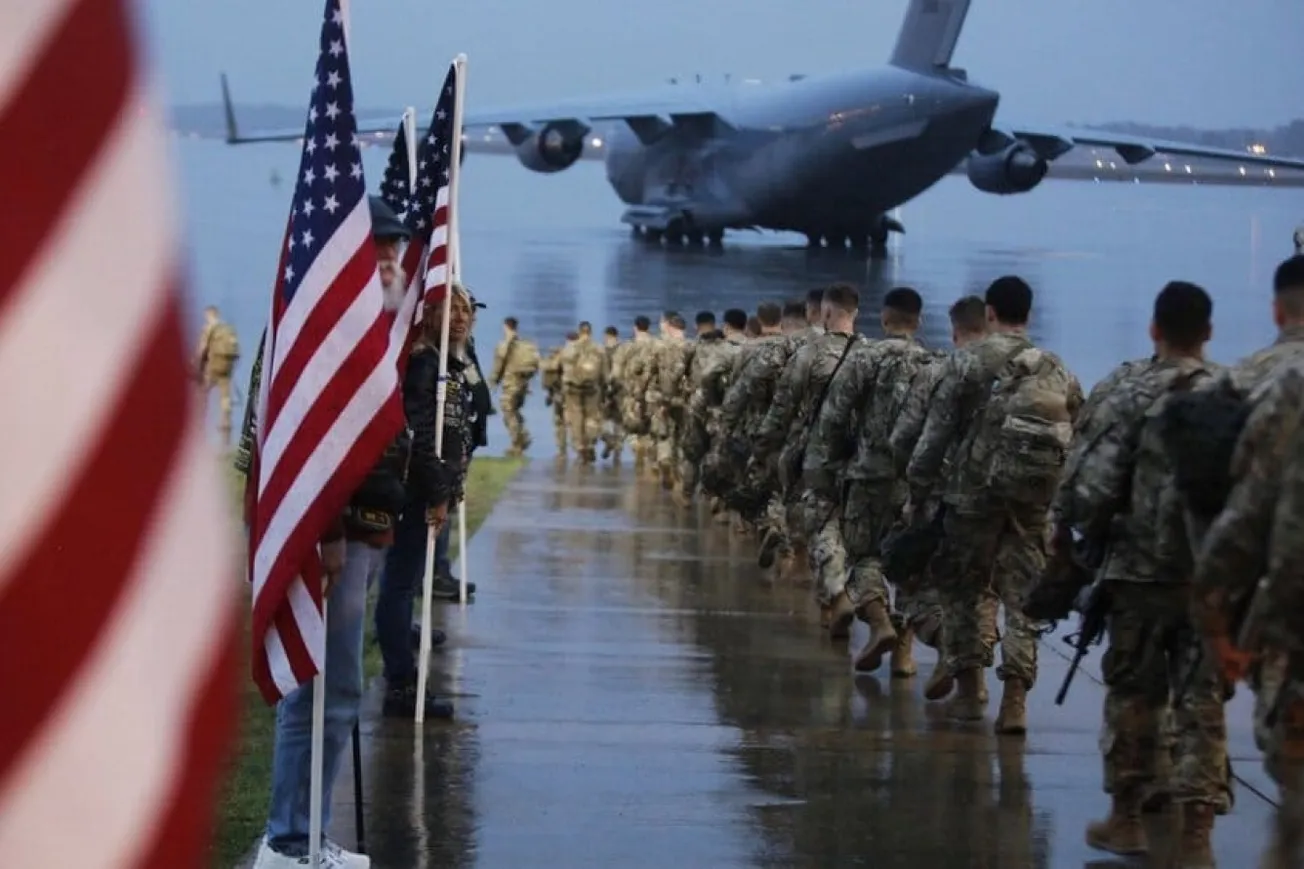In less than a week, an Islamist organization with roots tracing back to Al-Qaeda has deposed the brutal dictator of Damascus, Bashar al-Assad of Syria. Initial press reports say that Assad left the capital on a plane that went to a government stronghold, then made a U-turn, presumably with its transponders off, and was lost to radar tracking. Some officials speculated that the plane may have crashed with Assad on board.
The White House, rudderless to a fault, with both President Biden and Vice President Harris rarely seen in public these days, has been taken by utter surprise once again.
Despite all the resources the United States expends gathering intelligence and distilling it, America was shocked to learn about the October 7 attacks last year when Hamas militants mercilessly massacred over 1,200 innocent Israeli civilians. The war that resulted is continuing 14 months after the fact in Gaza, with every regional power involved militarily.
Hezbollah fighters engaged in an intense battle, launching rockets at Israel, and were decimated by Israeli defensive and offensive actions. Israel bombed sensitive installations in Iran and braced for Iran to respond, which it did, however, meekly. Houthi rebels fired missiles against vessels in maritime shipping lanes, including hurting the American Navy. Through all of this geopolitical strife, America watched, received, and returned fire but was otherwise powerless to help contain the violence. To this day, hostages remain under Hamas control, and the Gaza conflict continues.
But what happened a few hours ago is extraordinary. Bashar al-Assad, a reluctant politician who took over the reins of the state in 2000 after his father, Hafez al-Assad, died, had ruled Syria with an iron hand. As president, the younger Assad was the commander-in-chief of the Syrian Armed Forces and the secretary-general of the Central Command of the Arab Socialist Ba'ath Party. When the Arab Spring riots broke out in 2011, Bashar brought all of his political skills to bear to crush the democratic resistance.
To hang on to power, Bashar turned to Iran and then Russia, which operates its only military base outside of the Black Sea region in Syria. With Russia now consumed by fighting its war against Ukraine and Iran struggling to survive following intense Israeli pressure to withdraw support to Hezbollah and the Houthis, Assad was left without external support to defend against militant resistance. Seeing that Assad was hopelessly cornered, Hayat Tahrir al-Sham (HTS), an organization that the U.S. has designated as a terrorist group with links to al-Qaida, began to plot an attack.
Last week, HTS fighters practically walked into Syria's second-largest city, Aleppo, as Syrian government forces abandoned their defensive positions and fled. This week, HTS took over Homs, and Assad sent his wife, children, and brothers-in-law to Russia, presumably to exile. Late Saturday night, Washington time, HTS fighters announced on Syrian national television that they had occupied Damascus, the capital city, and taken over the government.
President-elect Trump posted on Truth Social that "Syria was not America's friend and the United States should have nothing to do with it. This is not our fight. Let it play out. Do not get involved." AP reported that President Joe Biden's national security adviser, Jake Sullivan, told an audience in California: "The United States is not going to ... militarily dive into the middle of a Syrian civil war."

The immediate concern, of course, is the balance of power in the Middle East. Syria occupies one of the most crucial geographical positions in the Arab world. Turkey borders it to the north, Iraq to the east, Jordan to the south, and Lebanon and Israel to the west. It also has a coastline along the Mediterranean Sea. The country is predominantly Sunni Muslim, with Alawites, Christians, Druze, and other groups forming smaller communities. The most urgent destabilizing factor would be how the Kurds, the fourth-largest ethnic group in the Middle East, numbering around 30-40 million, would react. They primarily inhabit regions spanning Turkey, Syria, Iraq, and Iran, an area often referred to as Kurdistan (not a formal state).
The Kurdish population, concentrated in northern Syria, declared de facto autonomy years ago. However, Turkey considers some Kurdish organizations as terrorist groups and has conducted several military operations to prevent the establishment of a contiguous Kurdish-controlled region along its border. Ankara aims to maintain border security, prevent Kurdish autonomy near its borders, and expand its influence in northern Syria through the control of buffer zones. With a terror group in power in Damascus, Turkey stands the most to gain.
The U.S. has supported Kurdish forces for their role in defeating ISIS, straining its relationship with Turkey, a NATO ally. Indeed, Sullivan, according to the AP, said that the U.S. would keep acting as necessary to keep the Islamic State from exploiting openings presented by the HTS fighting. Trump, who has consistently reminded voters that his actions helped destroy ISIS, would likely agree to put the lid on any ISIS comeback.
There are 43 days left in the Biden-Harris administration, which boasts the most incompetent foreign policy team in decades. Much can happen before Trump 47 takes office, but nearly all of it is likely to be unfriendly to America. The world has just become a more dangerous place.









